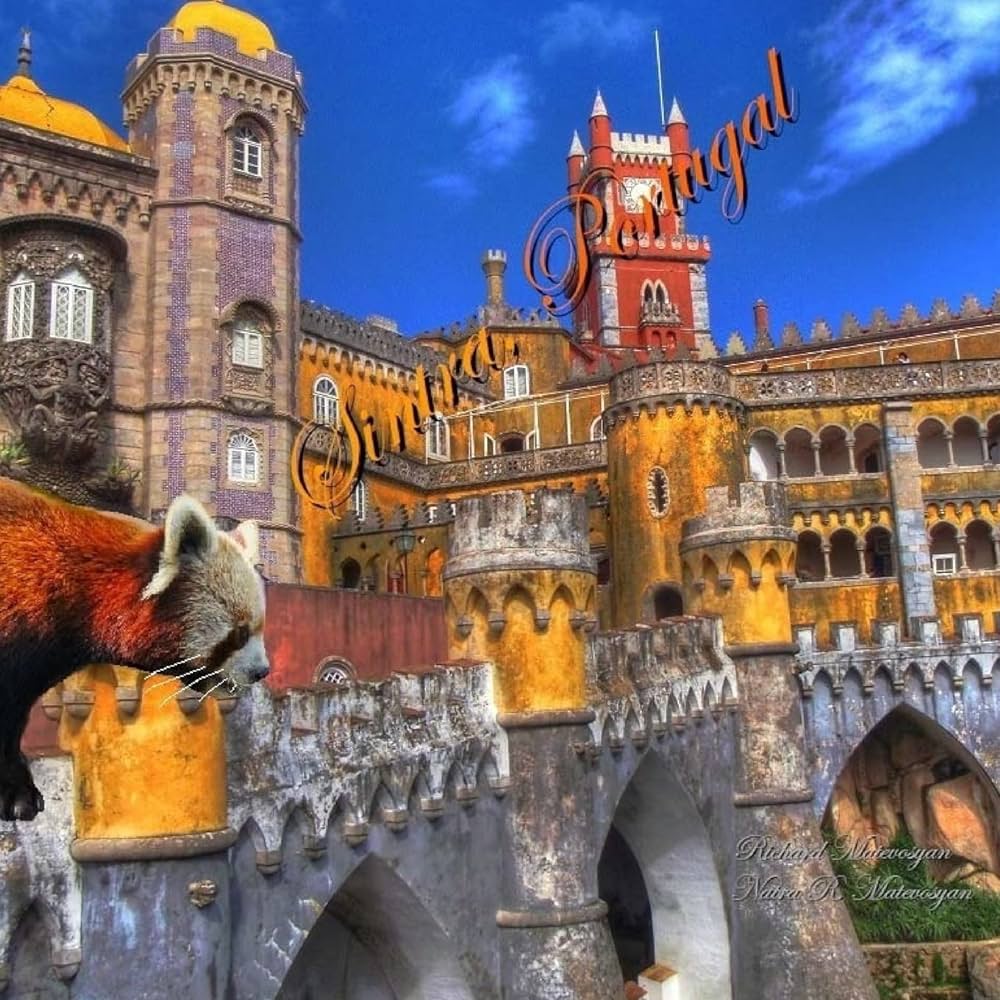Portugal, a country known for its rich history, stunning landscapes, and vibrant culture, holds a secret within its forests that has played a significant role in the global economy for centuries. The unassuming cork tree, Quercus suber, native to the Iberian Peninsula, has a fascinating and surprising history deeply intertwined with Portugal’s identity and economic prosperity.
A Natural Treasure: The Cork Oak
In the heart of Portugal’s countryside, the cork oak stands tall, a silent guardian of the nation’s ecological and economic heritage. With its distinctive thick bark, the cork oak has been a part of Portugal’s landscape for thousands of years.
Cork, a Versatile Material
The bark of the cork oak is the star of the show, providing a versatile and sustainable material. Harvesting the bark does not harm the tree, as it naturally regenerates, making cork an eco-friendly resource. This unique quality has made cork a prized material for various applications.
From wine stoppers to flooring, cork has found its way into many aspects of our daily lives. Its exceptional properties, such as being lightweight, buoyant, and impermeable to liquids and gases, have led to its use in diverse industries.
The Economic Backbone of Portugal
While cork has become a global commodity, Portugal remains the world’s leading producer, supplying more than 50% of the world’s cork.
Cork Harvesting: A Delicate Dance with Nature
The process of harvesting cork is an art that requires precision and care. The outer bark is carefully peeled away, allowing the tree to continue its life cycle. This sustainable practice has been passed down through generations, maintaining a delicate balance between human needs and environmental preservation.
Cork harvesting not only supports the livelihoods of many Portuguese families but also contributes significantly to the country’s economy. The cork industry provides employment opportunities and sustains rural communities, preserving a way of life that has endured for centuries.
Challenges and Innovations
While the cork industry has brought prosperity to Portugal, it has not been without its challenges. The rise of alternative materials and changing consumer preferences has posed a threat to the traditional cork market.
Innovations in Cork: Beyond Wine Stoppers
To adapt to a shifting market, Portugal has embraced innovation in the cork industry. Researchers and entrepreneurs are exploring new applications for cork, from fashion and design to construction and technology. These innovations aim to ensure the continued relevance of cork in a rapidly changing world.
Portugal’s commitment to sustainability and innovation positions cork as a material of the future, not just a relic of the past.
Conservation Efforts and Future Outlook
Recognizing the importance of preserving cork oak ecosystems, Portugal has implemented conservation measures to safeguard these vital forests.
Cork Oak Forests: Biodiversity Hotspots
Cork oak forests are not only essential for the cork industry but also serve as biodiversity hotspots. These ecosystems support a variety of plant and animal species, playing a crucial role in maintaining ecological balance.
As the world grapples with environmental challenges, the conservation of cork oak forests becomes paramount. Portugal’s efforts to balance economic interests with environmental stewardship set an example for sustainable resource management globally.
Frequently Asked Questions (FAQs)
1. Is cork harvesting harmful to the trees?
No, cork harvesting is a sustainable practice that does not harm the trees. The outer bark is carefully peeled away, allowing the cork oak to continue its life cycle and regenerate its bark.
2. How has the cork industry adapted to changing market trends?
The cork industry in Portugal has embraced innovation to stay relevant. Researchers and entrepreneurs are exploring new applications for cork, expanding its use beyond traditional areas like wine stoppers to fields such as fashion, design, construction, and technology.
3. Why is Portugal the leading producer of cork?
Portugal’s climate and soil conditions are particularly suitable for cork oak cultivation. The country has a long history of cork production, and the expertise passed down through generations has made Portugal the world’s leading producer of cork, supplying more than half of the global demand.

